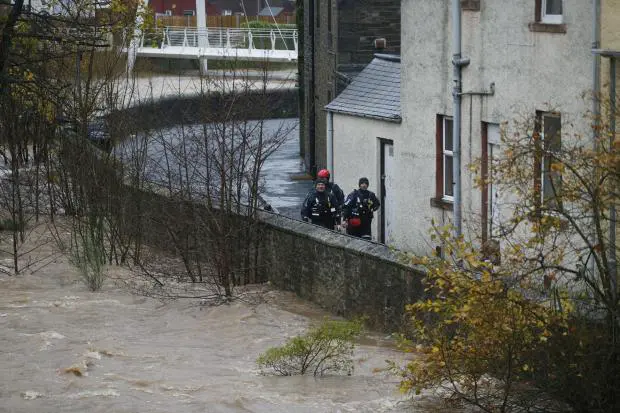Thousands of Portuguese held a rally Saturday in capital Lisbon against government's tough austerity measures in return for the bailout from the international lenders for the debt-stricken country.
Raising placards andchanting anti-government slogans, the demonstrators gathered in front of the Jeronimos Monastery near the Presidential Palace in Lisbon, protesting government's austerioty measures including reduction of pension, less unemployment benefits and tax raise.
Organized by Portugal's main workers' union CGTP, the demonstrators came from several cities including capital Lisbon, Porto, Vila Real, Setubal and Sintra. rallies were also held in 50 cities across the country including main cities of Porto, Coimbra and Braga in the North.
Paulo Andre, 50, a civil servant from Vila Real, said that the implementation of the austerity policy by the govenment will bring no hope for the nation and the people. The governemnt did nothing but constantly harm the benefits of the ordinary workers instead of urging the truly wealthy to make sacrifice for the country.
CGTP Secretary General Armenio Carlos said in his speech at the rally that the Portuguese people could not tolerate any longer the government's austerity policy as the government continuously slashes expenses and raise taxes which has made more and more people jobless and live a difficult life.
He called on more people to take to the streets and fight for their own rights and benefits.
Under a 78-billion-euro bailout agreement with the Troika comprising the European Union, the International Monetary Fund and the European Central Bank in May 2011, Portugal has been implementing a harsh austerity policy which has sparked widespread protests across the country in recent months.
According to a latest survey, over 80 percent of Portuguese are dissatisfied with the government's fresh agreenment with the troika, demanding the government renegotiate with them on the terms and conditions for the bailout.
 简体中文
简体中文

